If you use rough face scrubs to slough off dead skin cells, you may want to stop. Not only is your cleanser possibly harming marine life, but it could be seriously damaging your skin. But that’s not to say that you should skip exfoliation — it’s a critical part of your skin care routine.
“Exfoliation…
Chemical Exfoliation Is Totally Not Scary And Will Completely Change Your Skin
-
Dr. Dennis Gross
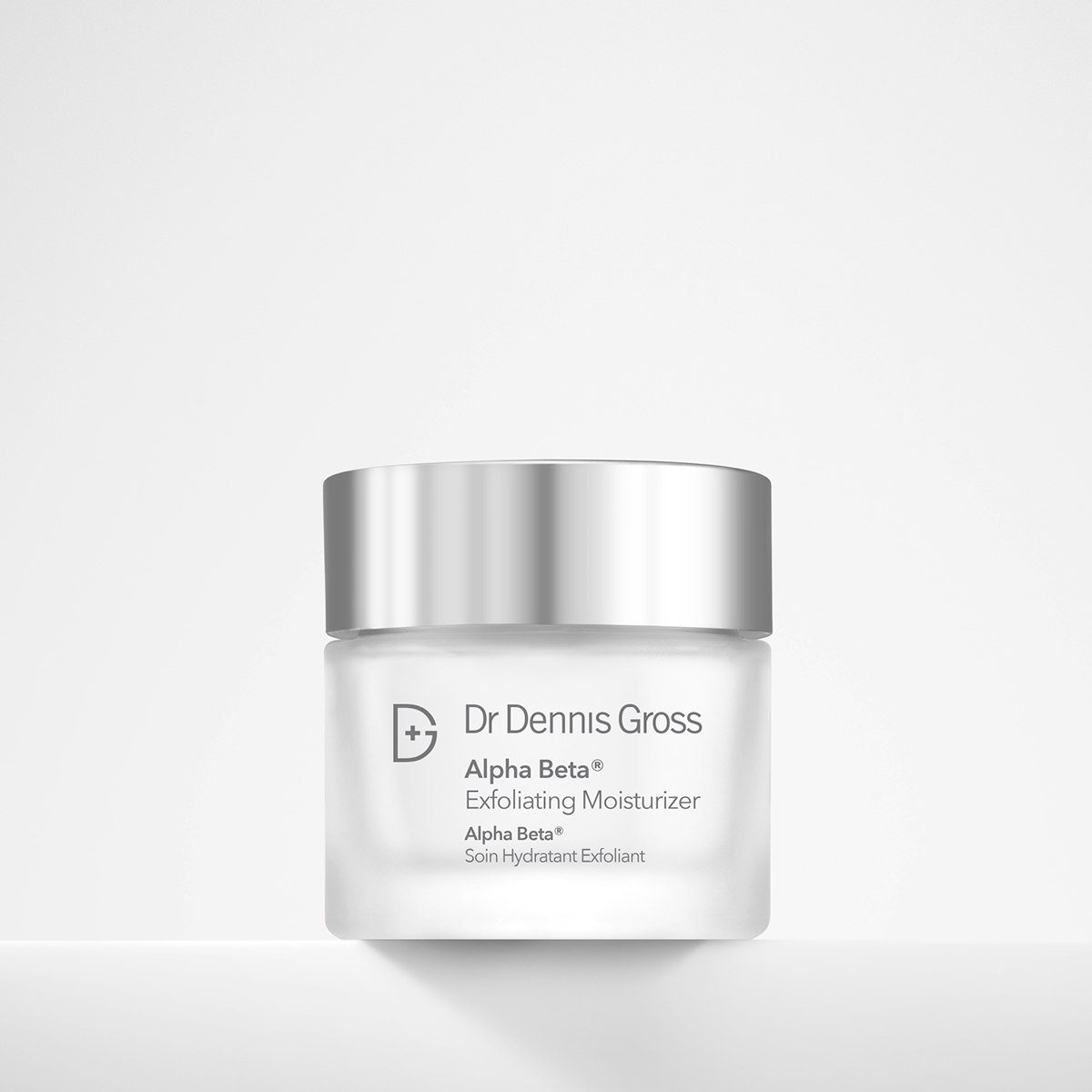
Alpha Beta Exfoliating Moisturizer, $68 at Dr. Dennis Gross
Celebrity dermatologist Dr. Dennis Gross (Olivia Palermo, Selena Gomez, Zoë Kravitz...) is a huge proponent of chemical exfoliation and acids feature prominently across his product line. His two-step peel gets most of the glory, but this moisturizer shouldn't be overlooked since it's loaded with seven Alpha Beta acids: glycolic, lactic, malic, citric, mandelic, tartaric and salicylic. It's also oil-free, so it's totally safe for acne-prone skin.
-
Peter Thomas Roth
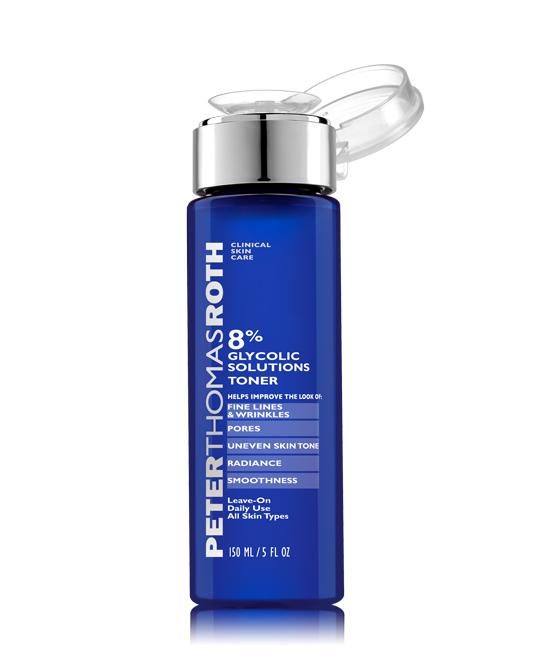
8% Glycolic Solutions Toner, $40 at Peter Thomas Roth
Using a toner will not only enhance the results of your skin care regimen (products absorb better applied over a toner than dry skin), but it will also support your skin's natural protective barrier (since toners supply hydration and nutrients). This pick from Peter Thomas Roth takes it one step further with the addition of exfoliating glycolic acid.
-
Bliss
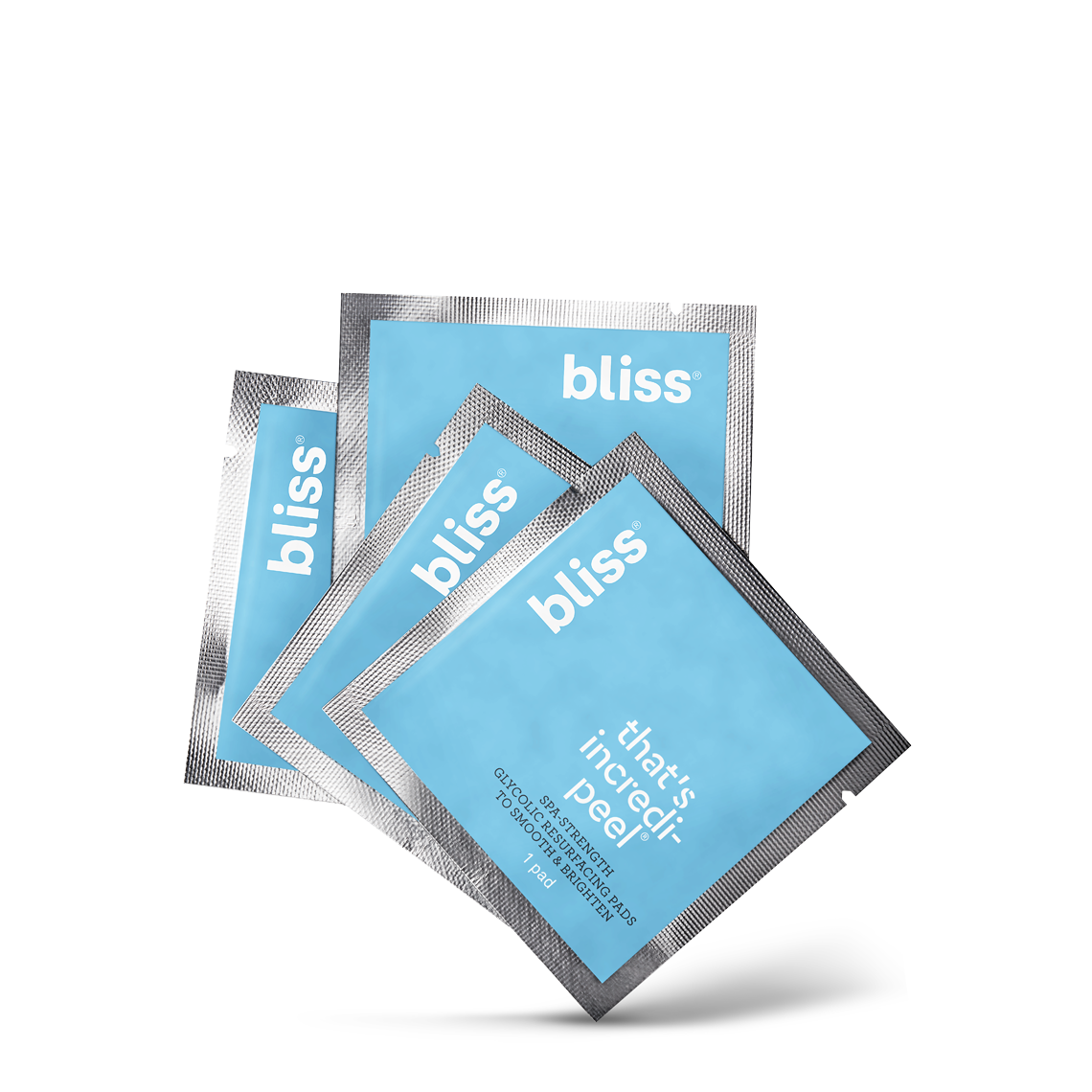
That's Incredi-peel, $22 at Bliss
These single-step, no-rinse peel pads work wonders post-workout (and post-cleanse). You need to get rid of all the sweat and grime, especially if you wore makeup, and this makes it easy. No moisturizer required.
-
First Aid Beauty
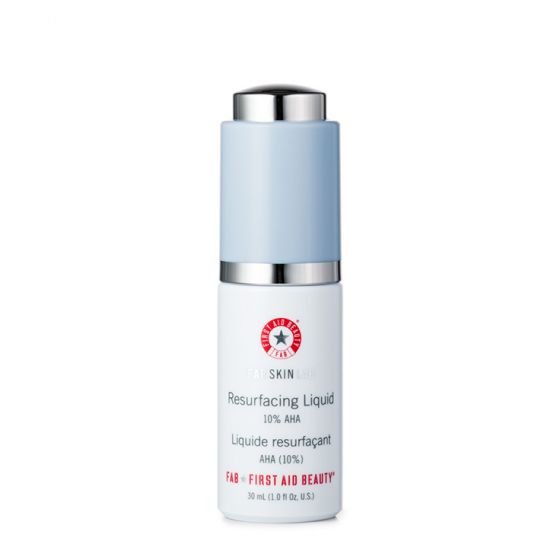
FAB Skin Lab Resurfacing Liquid 10% AHA, $55 at Sephora
Designed with sensitive skin in mind, this product has anti-aging ingredients in addition to its leave-on exfoliating acids.
-
SkinCeuticals
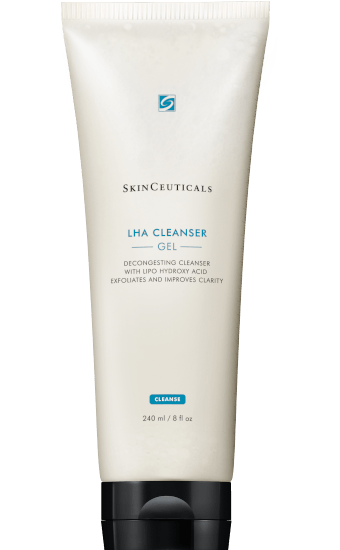
LHA Cleansing Gel, $40 at SkinCeuticals
If you have acne-prone skin, it's important to prevent breakouts on all fronts, especially if you're sweating. This cleanser is effective enough to remove dead skin cells and grime, but not so strong that you can't use it with other chemical exfoliators if you have thick, oily skin.
-
Vichy
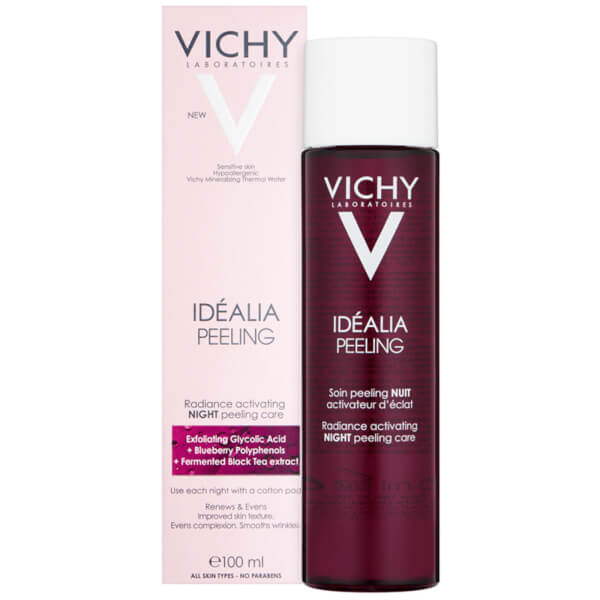
Idéalia Peel Face Peel for Radiance, $37 at Vichy
Your nighttime skin care routine is all about repairing your skin (versus a daytime routine where the main focus is protection from environmental aggressors) because during sleep, skin’s protective barrier function is decreased. Before bed is the perfect time to lather on this no-rinse acid solution.
-
M 61
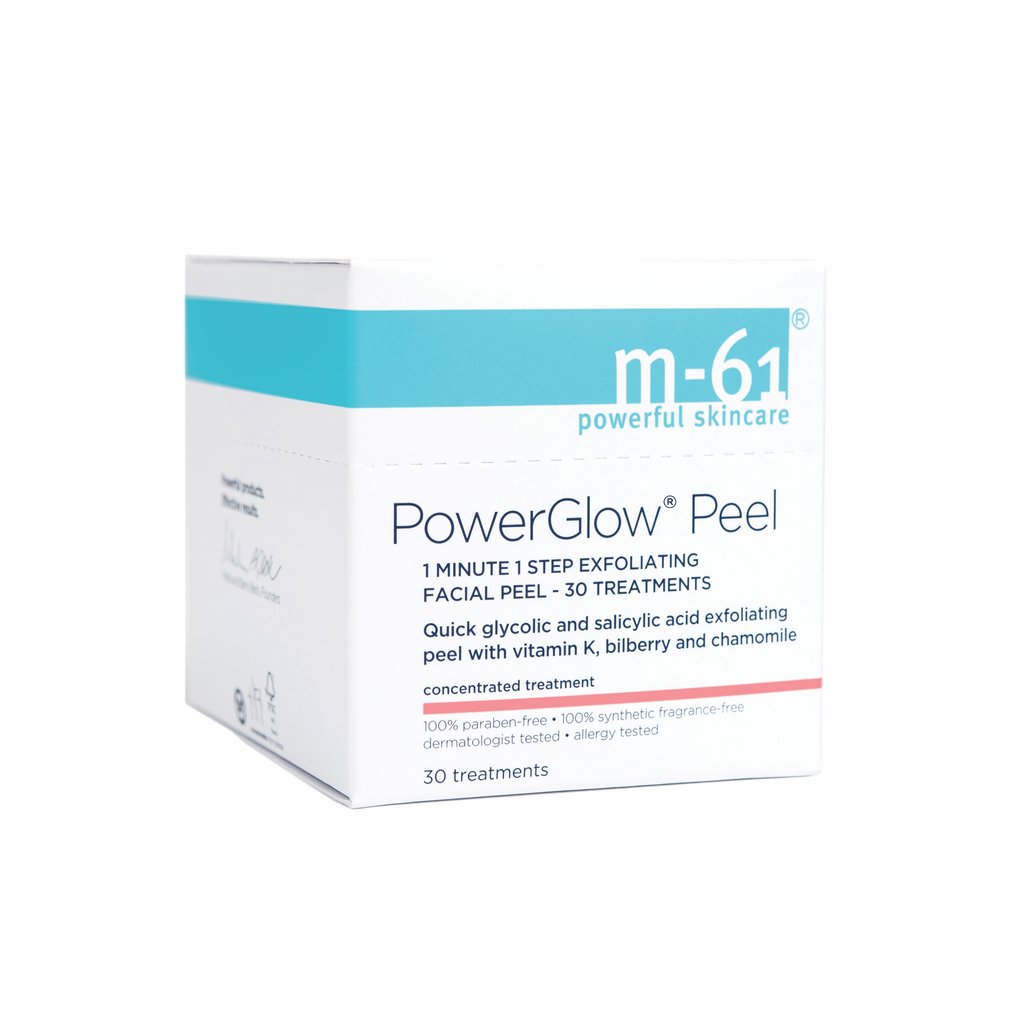
PowerGlow Peel, $62 at Bluemercury
Bluemercury sells one of these pad packs every eight seconds! If you suddenly find yourself with a breakout related to an allergy or skin care product, these are aaamaazing. Just a few swipes all over your face and you should see things start to clear up the next day. No worries about the slight tingly sensation since it's totally normal. Just keep these pads away from your eye area.
-
Youth Corridor by Dr. Gerald Imber

Revitalizing Beta Hydroxy Mask, $95 at Youth Corridor by Dr. Gerald Imber
Dermatologist and plastic surgeon Dr. Gerald Imber was an early pioneer of some of the first anti-aging procedures so you can expect the same cutting-edge ingredients and effectiveness with his products. Case in point: this anti-inflammatory mask that combines gentle acids to slough off dead skin cells without irritation along with hydrating ingredients to moisturize and protect from environmental stressors.
-
Clinique
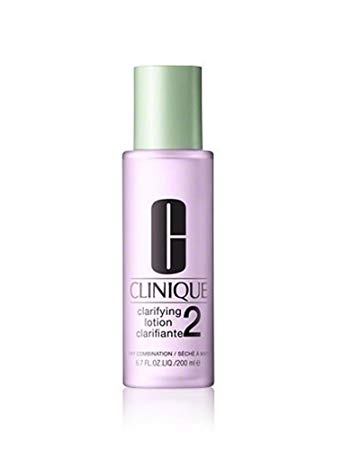
Clarifying Lotion 2, $16 at Clinique
What's unique about this chemical exfoliator is that it comes in five subformulas depending on your skin type (from dry and sensitive to very oily). You can slot in just the right product to use between your cleansing and moisturizing.
-
NeoStrata
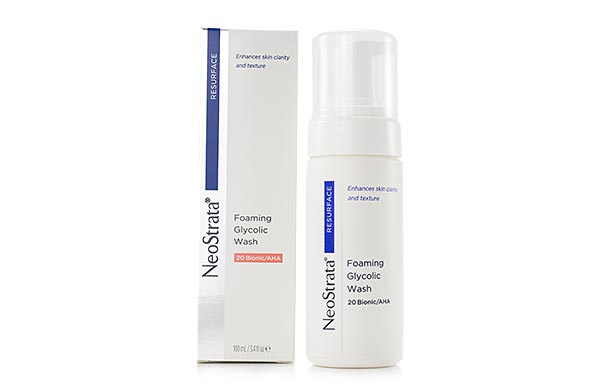
Foaming Glycolic Wash, $40 at NeoStrata
With 18 percent glycolic acid, this isn't a cleanser you'll want to use every day. It's also one that is best saved for very thick, oily skin in need of a serious deep cleaning. It's the perfect cleanser to unclog and brighten skin in seconds.
-
BeautyRx by Dr. Schultz
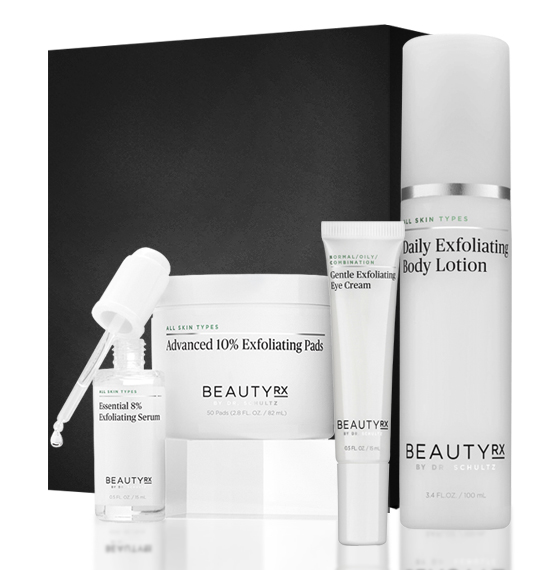
Complete Exfoliation Gift Set, $170 at BeautyRx by Dr. Schultz
If you're ready to truly commit, snag this set that includes everything you need for a serious skin cleanse. Included are products for your face, eyes and body.




